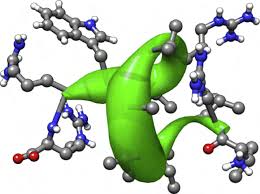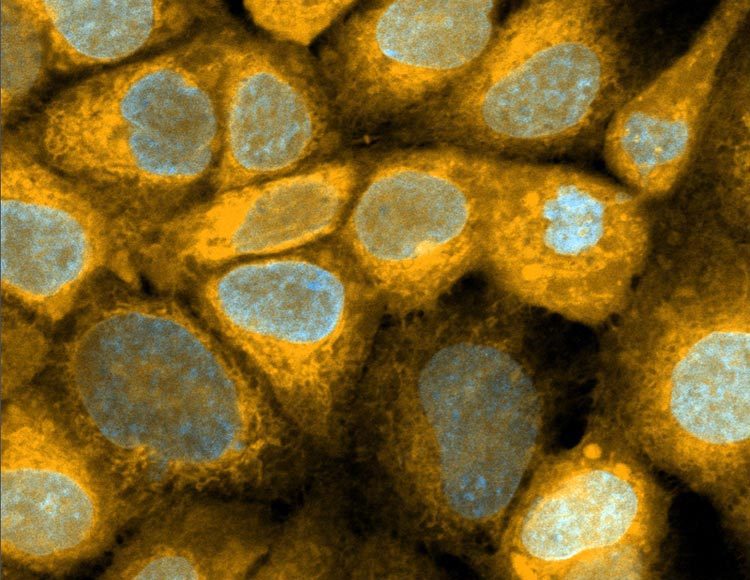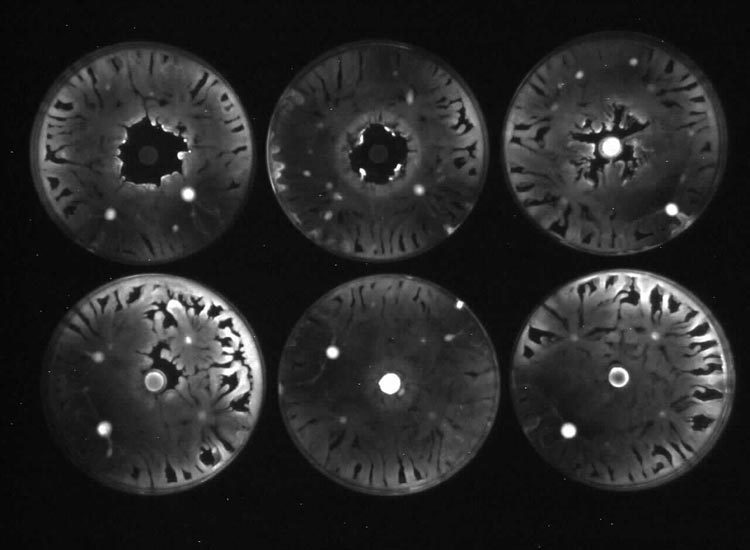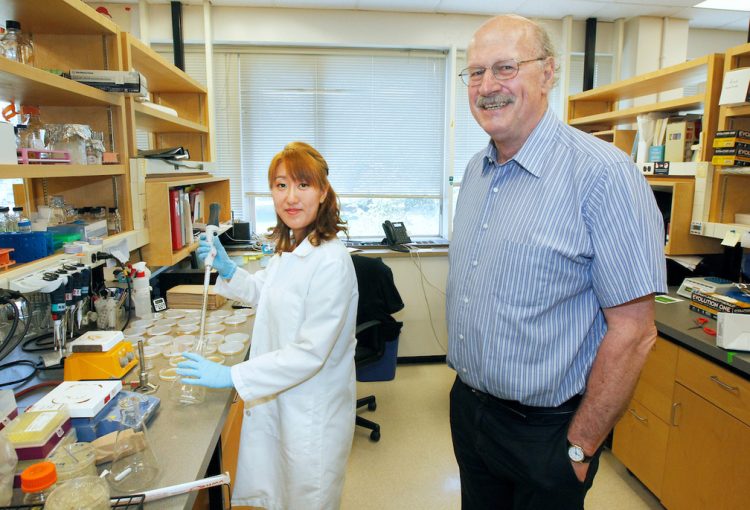The R.E.W. Hancock Laboratory is developing new approaches to fight infectious diseases, particularly by investigating alternatives to conventional antibiotics.
Infectious diseases are responsible for a third of all deaths on the planet, are currently the third leading cause of human deaths in North America, and also have a major impact on agriculture and food safety.
However, current therapeutic approaches based on antibiotics are under severe threat due to antibiotic resistance and the dearth (and ineffectiveness) of antibiotic discovery programs worldwide.



